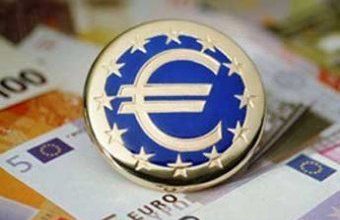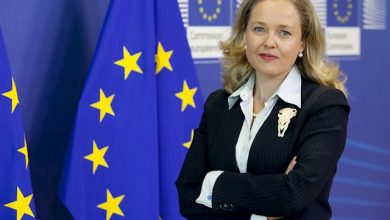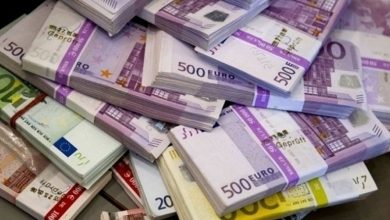Putin’s energy threats must become ridiculous
When I learned that Russian Prime Minister Vladimir Putin spoke a few days ago about the pipeline that will transport gas from Russia to Western Europe along the bottom of the Baltic Sea, I thought, “Again, these threats.”
Putin said that if Europe does not provide sufficient support to the project, then his country will abandon it. “Europe must decide whether it needs this pipeline or not. If it is not needed, we will build liquefaction plants operating on the world market. Only it will be more expensive for you.” How to answer this? Get on your knees? No, say: “Go ahead, Mr. Putin, do what you think is necessary.”
If this sounds impudent, it is only because not everyone realizes that Russia is a large, but not at all dominant, exporter of gas to European energy markets. If we take all energy sources, it turns out that Russian gas accounts for only 6.5 percent of primary energy supplies to the European Union, and this share has not changed much since 1990. Moreover, Russia’s market share in gas imports has decreased since 1980 twice – from 80 to about 40 percent.
However, a comparison of the natural gas market with the oil market is even more significant. Why is one a source of reflection on the political background and the other not? Think of the world’s largest oil suppliers — from Venezuela to the Middle East or Indonesia. None of them threatens to cut off supplies. Russia is also an important oil exporter to Western Europe, but never uses it as an instrument of foreign policy. Unlike gas.
In its latest publication, the European Council on Foreign Relations makes an interesting comparison of two cases. The authors of the publication point out that the explanation lies in the different structure of the oil and gas markets and the different nature of the two types of raw materials. Oil can be easily transported and traded in a global market in which Europe is fully integrated. In the event of a supply disruption, the refinery or large consumer can almost invariably turn to the short-term market. Available deliveries are redistributed instantly and anonymously.
The international oil market has existed for 140 years, while the gas market only appeared in the 1970s. In Western Europe, gas trade from the very beginning was carried out in a monolithic manner, as was customary at that time. State monopoly gas enterprises in France, Germany, and Italy signed supply agreements with the USSR Ministry of Gas Industry. They were concluded for 20-30 years and provided for the supply of large volumes of gas under stringent conditions designed to support large investments in infrastructure, especially the construction of 5,000 km of pipelines from Western Siberia to Europe. These contracts were concluded between governments, whatever the name of the documents. The system was based on a lack of competition. The idea of a single European gas market was explicitly rejected. Alas, little has changed since then.
But tomorrow we may already have a single European gas market. The European Commission is constantly making recommendations. As a result, Russia will no longer export gas specifically to Germany or Italy, but to Europe. Thus, as a trading partner, Russia will have the same relations with the EU as Canada and the United States – it will become a neighbor supplying valuable raw materials. And that’s it. Just a business. No politics.
This post is also available in:
 English
English  Русский (Russian)
Русский (Russian)





